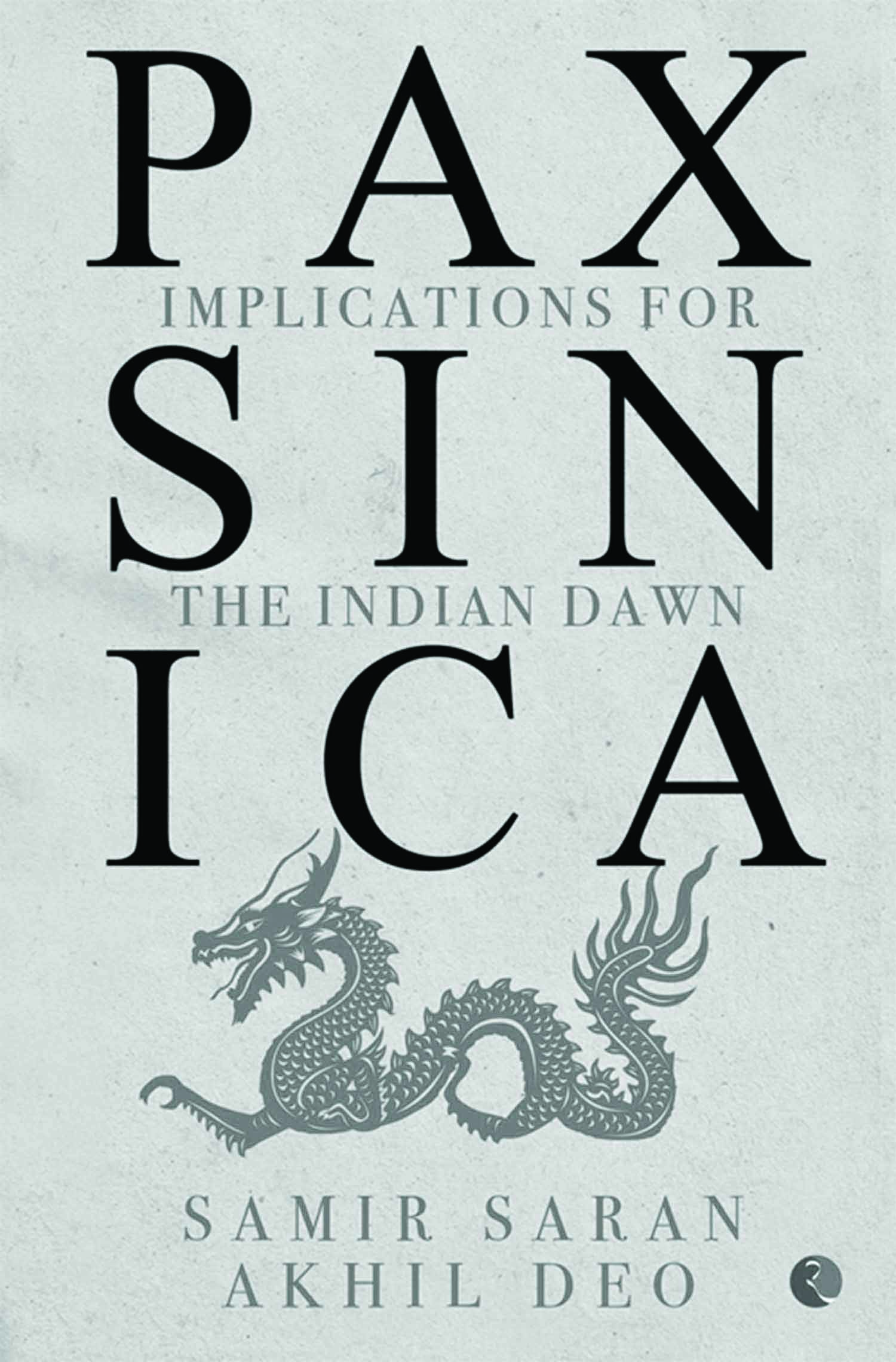Over the past few years, there’s been a growing debate about the implications of China’s rise for the future of the liberal international order. Is China a revisionist power that is seeking to craft a Sino-centric world order? Is it a fragile superpower whose actions are driven by regime insecurity? Is it a reluctant stakeholder that must be engaged, accommodated and perhaps even coerced into assuming greater responsibility within the prevailing system? Or perhaps, geo-economic and geo-political shifts have already rendered this debate about the fate of the post-war order moot. For instance, John Mearsheimer argues that the world has already entered a phase of multipolarity with a realist order emerging.
In Pax Sinica: Implications for the Indian Dawn, Samir Saran and Akhil Deo provide an Indian perspective to this debate. As the title suggests, the authors contend that Chinese foreign policy under General Secretary Xi Jinping since 2012 has been aimed at ‘remaking the international order in its image’.

